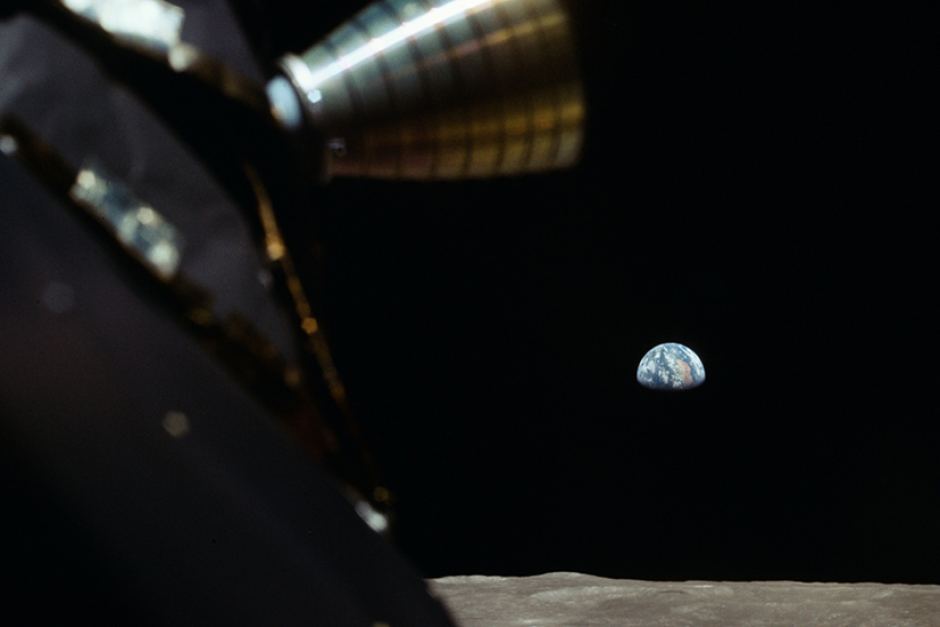
Photo by NASA taken on Apollo 11
Opening: The Cosmos is all that is or ever was or ever will be. Our feeblest contemplations of the Cosmos stir us – there is a tingling in the spine, a catch in the voice, a faint sensation, as if a distant memory, of falling from a height. We know we are approaching the greatest of mysteries.
Review: Cosmos is so beautifully written, not to mention the staggering photos and images, I found myself rereading a lot of the passages just to let the message sink in.
It touches on everything from history to science to math to philosophy to ethics to religion. And those deep, thought-provoking and far-fetched hypothetical questions linger in my mind long after I’ve finished the book. Like, are we carbon- and water-based because those materials were abundant on the Earth at the time of the origin of life? Could life elsewhere – on Mars, say – be built of different stuff?
This is one of the greatest books I’ve read in my life.
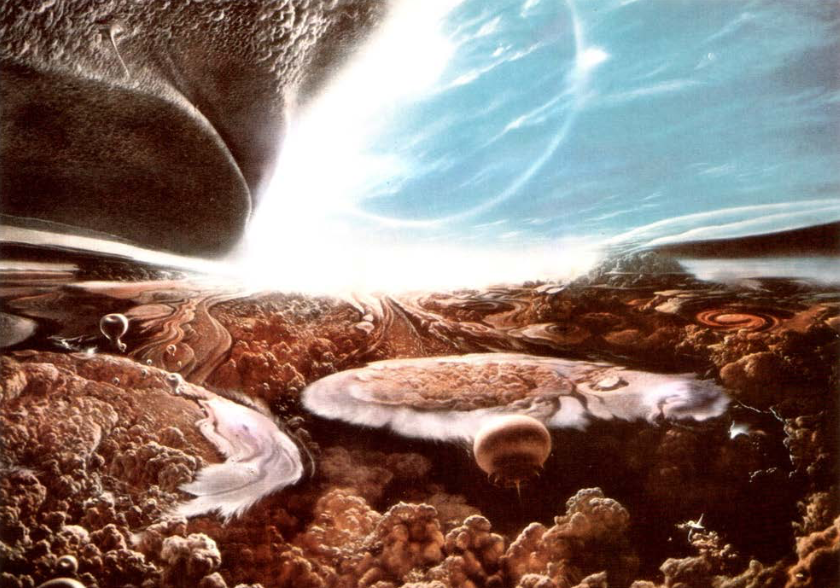
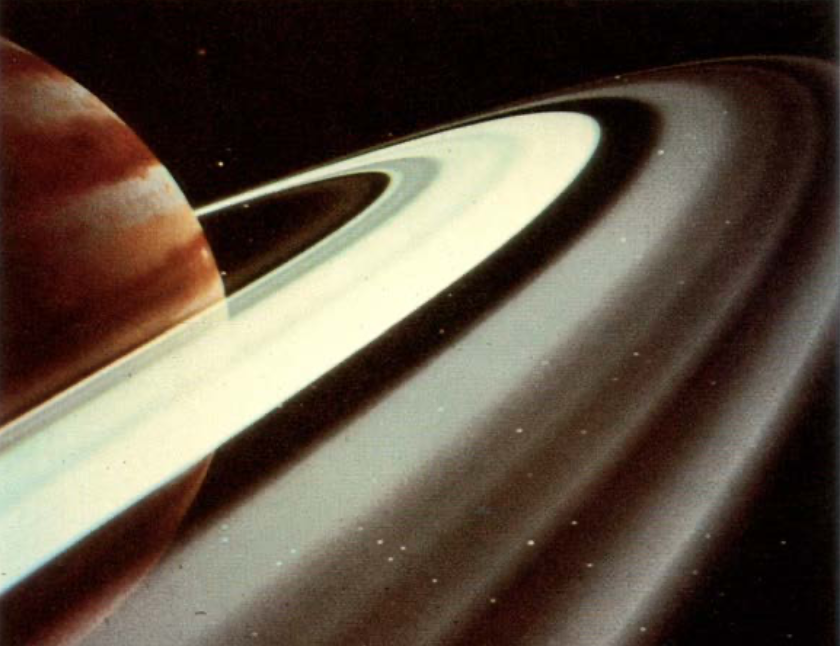
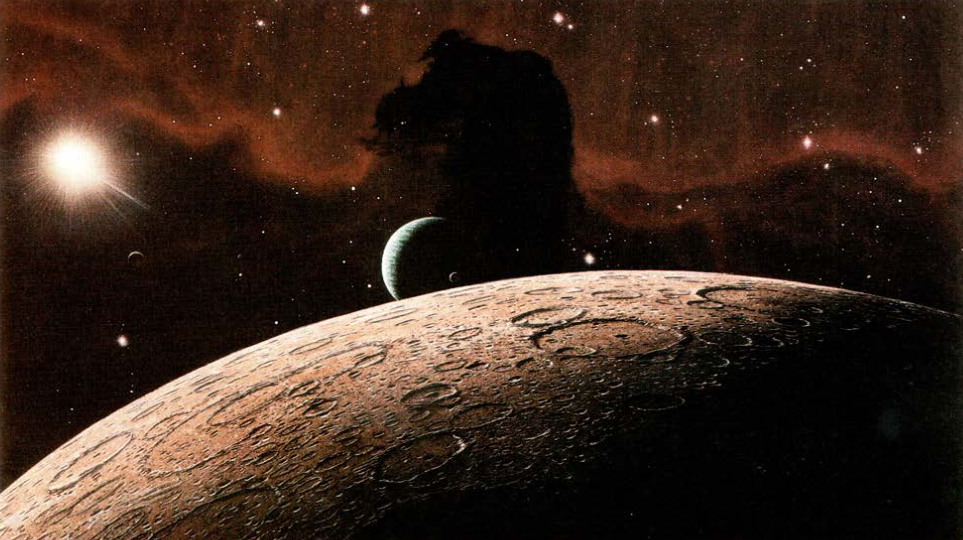
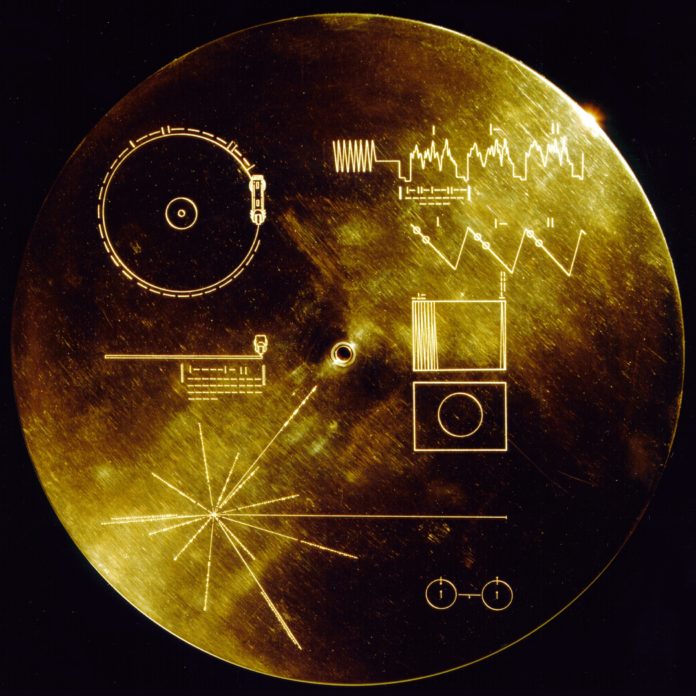
Quotes / highlights
The surface of the Earth is the shore of the cosmic ocean. From it we have learned most of what we know. Recently, we have waded a little out to sea, enough to dampen our toes or, at most, wet our ankles. The water seems inviting. The ocean calls.
Ch 1: The Shores of the Cosmic Ocean
Cosmos (P.5)
The nature of life on Earth and the search for life elsewhere are two sides of the same question – the search for who we are.
Ch 2: One Voice in the Cosmic Fugue
Cosmos (P.24)
What does seventy million years mean to beings who live only one-millionth as long? We are like butterflies who flutter for a day and think it is forever.
Ch 2: One Voice in the Cosmic Fugue
Cosmos (P.30)
Our lovely blue planet, the Earth, is the only home we know. Venus is too hot. Mars is too cold. But the Earth is just right, a heaven for humans. After all, we evolved here. But our congenial climate may be unstable. We are perturbing our poor planet in serious and contradictory ways. Is there any danger of driving the environment of the Earth toward the planetary Hell of Venus or the global ice age of Mars? The simple answer is that nobody knows. The study of the global climate, the comparison of the Earth with other worlds, are subjects in their earliest stages of development. They are fields that are poorly and grudgingly funded. In our ignorance, we continue to push and pull, to pollute the atmosphere and brighten the land, oblivious of the fact that the long-term consequences are largely unknown.
Ch 4: Heaven and Hell
Cosmos (P.103)
We make our world significant by the courage of our questions and by the depth of our answers.
Ch 8: The Backbone of Night
Cosmos (P.193)
To make an apple pie, you need wheat, apples, a pinch of this and that, and the heat of the oven. The ingredients are made of molecules — sugar, say, or water. The molecules, in turn, are made of atoms —carbon, oxygen, hydrogen and a few others. Where do these atoms come from? Except for hydrogen, they are all made in stars. A star is a kind of cosmic kitchen inside which atoms of hydrogen are cooked into heavier atoms. Stars con dense from interstellar gas and dust, which are composed mostly of hydrogen. But the hydrogen was made in the Big Bang, the explosion that began the Cosmos. If you wish to make an apple pie from scratch, you must first invent the universe.
Ch 9: The Lives of the Starts
Cosmos (P.218)
The nitrogen in our DNA, the calcium in our teeth, the iron in our blood, the carbon in our apple pies were made in the interiors of collapsing stars. We are made of starstuff.
Ch 9: The Lives of the Starts
Cosmos (P.233)
Knowing a great deal is not the same as being smart; intelligence is not information alone but also judgement, the manner in which information is coordinated and used
Ch 11: The Persistence of Memory
Cosmos (P.270)
Books are like seeds. They can lie dormant for centuries and then flower in the most unpromising soil.
Ch 11: The Persistence of Memory
Cosmos (P.281)
Books permit us to voyage through the wisdom of our ancestors. The library connects us with the insights and knowledge, painfully extracted from Nature, of the greatest minds that ever were, with the best teachers, drawn from the entire planet and from all of our history, to instruct us without tiring, and to inspire us to make our own contribution to the collective knowledge of the human species.
Ch 11: The Persistence of Memory
Cosmos (P.282)
Every one of us is, in the cosmic perspective, precious. If a human disagrees with you, let him live. In a hundred billion galaxies, you will not find another.
Ch 13: Who Speaks for Earth?
Cosmos (P.339)
–